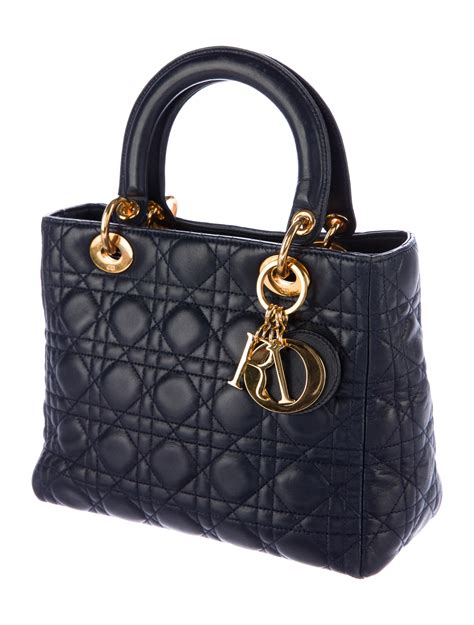hermes eredità | L'erede di Hermès ha deciso: il suo patrimonio andrà
$152.00
In stock
The story surrounding the inheritance of Nicolas Puech, the unmarried and childless heir to a significant portion of the Hermès fortune, has captivated the world. The saga, fueled by rumors, legal complexities, and the sheer magnitude of the wealth involved, centers on Puech's reported intention to bequeath his vast fortune to his Moroccan-born handyman and gardener. However, this seemingly straightforward act of generosity has opened a Pandora's Box of questions, legal hurdles, and moral considerations, making the "Hermes Eredità" – the Hermès inheritance – a subject of intense scrutiny and debate. This article delves into the multifaceted aspects of this intriguing inheritance case, exploring the players involved, the legal challenges, the ethical dilemmas, and the potential future of this extraordinary legacy.
Nicolas Puech: The Reclusive Heir and His Unexpected Choice
Nicolas Puech, a descendant of Thierry Hermès, the founder of the iconic luxury brand, is a prominent figure within the family dynasty. Known for his discreet lifestyle and avoidance of the public eye, Puech's decision to potentially leave his fortune to someone outside the immediate Hermès family has sent shockwaves through the business and legal communities. His wealth, estimated to be in the billions of dollars (€11-13 billion, depending on market fluctuations and asset valuations), represents a substantial portion of the Hermès empire.
The proposed heir, a man of Moroccan origin who has worked for Puech as a handyman and gardener for many years, remains largely anonymous, shrouded in media speculation. The details of their relationship are scarce, adding to the intrigue. While Puech's motivations remain largely private, it's speculated that a strong personal bond and a desire to reward loyalty and dedication may have influenced his decision. This act of seemingly radical generosity has prompted a range of reactions, from admiration to skepticism, and has raised complex questions about the nature of inheritance and the responsibilities that come with immense wealth.
The Legal Labyrinth: Obstacles to Puech's Wishes
While Puech's intention seems clear, the path to fulfilling his wishes is far from simple. Several legal obstacles stand in the way of transferring his fortune to his chosen beneficiary.
* Prior Contractual Obligations: One of the most significant hurdles is a pre-existing contractual agreement Puech reportedly had with a foundation, the Isocrates Foundation, dedicated to fighting disinformation. This foundation was apparently designated as the primary beneficiary of his estate in a previous will. Breaking this contract could be challenging and involve lengthy legal battles. The Isocrates Foundation, understandably, is contesting Puech's attempts to alter his will and divert the inheritance. Their legal team is likely to argue the validity and enforceability of the original agreement, claiming that the foundation has a legitimate claim to the inheritance.
* Inheritance Laws: Inheritance laws in Switzerland, where Puech resides, can be complex. While Swiss law generally respects testamentary freedom (the right to dispose of one's assets as one sees fit), it also includes provisions for forced heirship, which dictates a minimum portion of the estate that must be allocated to certain close relatives, such as spouses and children. Since Puech has neither, these provisions are not directly applicable. However, the lack of close relatives could potentially complicate the process, making the will more susceptible to challenges from other parties, like the Isocrates Foundation.
* Tax Implications: The transfer of such a large fortune will inevitably trigger significant tax implications. Inheritance taxes can be substantial, and the specific rates and regulations will depend on the jurisdiction and the relationship between the deceased and the beneficiary. Legal experts will need to carefully navigate these tax laws to minimize the tax burden and ensure compliance. The tax authorities will likely scrutinize the transfer to ensure that it is legitimate and that all applicable taxes are paid.
* Challenges to the Will: Even if Puech successfully navigates the contractual and legal hurdles, there is a possibility that the will could be challenged by other parties who believe they have a legitimate claim to the inheritance. This could include distant relatives, business associates, or even individuals who claim to have had a close relationship with Puech. The legal process of contesting a will can be lengthy, costly, and emotionally draining.
Beyond the Legalities: Ethical and Moral Considerations
The "Hermes Eredità" case extends beyond mere legal technicalities, raising profound ethical and moral questions.hermes eredità
* The Duty to Preserve a Legacy: Some argue that Puech has a moral obligation to preserve the Hermès legacy and ensure that his wealth benefits the company and its employees. They believe that leaving the fortune to someone outside the Hermès family is a betrayal of the company's heritage and could potentially destabilize the business. This perspective emphasizes the importance of maintaining the continuity of the Hermès brand and ensuring its long-term success.
* Philanthropy vs. Personal Preference: Others argue that Puech has the right to dispose of his assets as he sees fit and that his decision to reward a loyal employee is a commendable act of generosity. They emphasize the importance of individual autonomy and the right to choose one's own beneficiaries. This perspective suggests that Puech is fulfilling a personal desire to acknowledge and reward someone who has provided him with valuable service and companionship.
Additional information
| Dimensions | 6.8 × 2.3 × 3.1 in |
|---|








